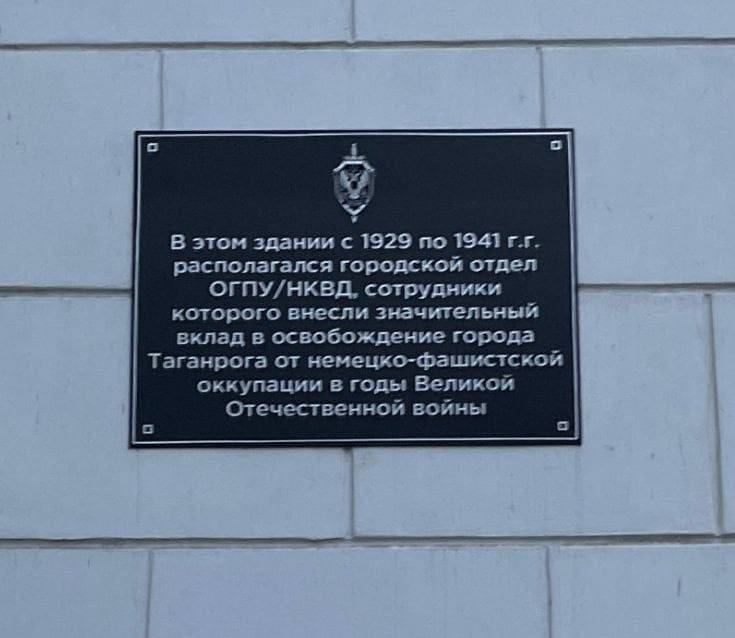0725GMT//Peace talk chatter; Is a Russian interest rate cut likely?

PEACE TALKS: The Kremlin on Wednesday said a second round of peace talks with Ukraine should take place in Istanbul on June 2. (COMMENT: A Kremlin source also repeated Putin's four key conditions for peace to Reuters – no Nato membership for Ukraine, Georgia and Moldova; no foreign military in Ukraine; sanctions relief; the protection of Russian speakers in Ukraine. Nothing new in any of this and no apparent concessions but there was a hint of some give in the Moskovsky Komsomolets newspaper on Thursday. It reported the proposed date for peace negotiations under the headline: 'Conditions under which Russia could renounce claims to Kherson and Zaporizhzhya'. The Kremlin has been pushing for Ukraine to relinquish Kherson and Zaporizhzhya regions, as well as Donetsk and Luhansk. Obviously, there is nothing concrete in this but the Kremlin does use Russian media to test the public's reaction to potential policies. Worth noting.)
The Kremlin's proposal for a second round of peace talks with Ukraine pushed the Moscow Stock Exchange up past 2800 points on Wednesday for the first time since May 22. This was a rise of just under 3%.
DRONE ATTACKS: Russian officials have been reporting a large increase in the scale of Ukrainian drone attacks over the past few days. On Wednesday, Russia's air defence systems reportedly shot down 296 drones. In Moscow, Mikron, Russia's largest microchip factory, and an armaments parts factory in Vladimir region were both struck.
REWRITING HISTORY: In Taganrog, the town on the Sea of Azov near the border with Ukraine's occupied Donetsk region, a plaque on a former Soviet secret police HQ was swapped from one commemorating "victims of repression" to a new version that saluted the secret police's contribution to liberating the town from "Nazi invaders during the Great Patriotic War". (COMMENT: This is a very clear example of the re-writing of history in Russia. Gone is the partial realisation of some of the crimes of Soviet dictator Josef Stalin and his secret police. Instead, Russians are now encouraged at every turn to see their history as a giant struggle to defeat the Nazis. This is, of course, all linked to the Kremlin's war in Ukraine. It's especially poignant in Taganrog, the site of an infamous prison that Russia uses to torture prisoners captured in Ukraine.)
YEMEN: Vladimir Putin hosted Rashad Mohammed Al-Alimi, Yemen's president, in the Kremlin for talks on how to boost bilateral relations. (COMMENT: Bit of an odd one here as the Kremlin has been supporting the Iran-backed Houthis rebels, encouraging them to fire missiles at Western shipping to undermine the key transport route to Europe through the Red Sea. This is a classic example of Kremlin double-speak and a consequence of Putin's alliance with Iran. One of the costs of taking missiles and drones from Iran has been to get closer to the Houthi rebels, whereas previously Russia had trodden a neutral line. Last year, Russia sent targetting data to the Houthi rebels.)
ECONOMIC WOES, PART 1: Machinery production at Rostselmash, Russia's biggest manufacturer of tractors and combine harvesters, fell by around a third in the first four months of the year, Russian media reported. (COMMENT: This reflects Russia's economic slowdown and also the particularly acute production problems in agriculture which faced soaring costs and a poor harvest in 2024.)
ECONOMIC WOES, PART 2: Sales of fridges in Russia have fallen by 10% in the past year, the Kommersant newspaper reported. It also said that Turkish producer Indesit had taken over from China's Haier as the most popular brand. (COMMENT: This is more data pointing to an economic slowdown in Russia. The switch of market leader is also important. This is a price issue too. Haier is fully imported into Russia from China, whereas Indesit fridges are all made at a factory in Lipetsk. This means that over the past year, Indesit fridges have become considerably cheaper.)
INTEREST RATE CUT?: Russia's Central Bank said on Wednesday that it was considering "more diverse options" in the run-up to its interest rate decision meeting on June 6, triggering speculation that it was weighing up an interest rate cut. (COMMENT: Cutting interest rates from 21% has now become a realistic option for Russia's Central Bank. It jacked up the rate in November when the rouble was under huge pressure. Since then, Russia's economy has slowed, the rouble has strengthened significantly and there is now the prospect of a peace deal in Ukraine. Inflation, though, is still a problem and analysts are split on whether an interest rate cut is imminent.)
SHADOW FLEET COST RISES: EU sanctions against the Kremlin's "shadow fleet" of oil tankers have increased freight prices by around 20% because more ports and international companies are refusing to deal with them, Russian media reported on Wednesday. (COMMENT: The 189 oil tankers have become a vital part of the Kremlin's strategy for skirting around Western sanctions and exporting oil to India and other allies who continue to buy it. The West can't close this loophole entirely, but it can make it more expensive.)
MEMO DEVELOPMENT: Thank you for reading the Russian Morning Memo. Please spread the word before I put up a small, and necessary, paywall. I'm not entirely sure when this will be but from next week, look out for our media matrix on the news from Russia. This will evaluate and chart news items' 'surprise' and 'importance' factors. I hope it is useful. And if you are enjoying The Memo, please take a look at The Bulletin – our sister product on Central Asia and the South Caucasus which we have been publishing since 2015 (www.thebulletin.news). Yours, James
